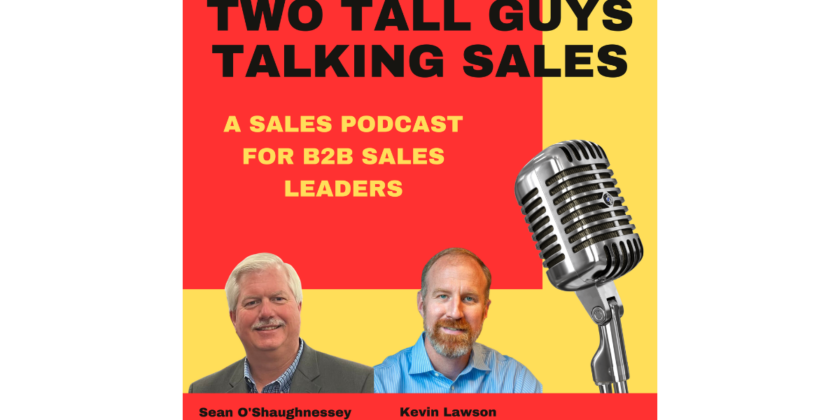The sales landscape constantly evolves, and the tools and techniques used to reach potential clients are continually refined and reimagined. One such innovative approach to sales and marketing is pioneered by salespeople and sales managers leveraging technology to add value to their client relationships and boost their sales figures.
Megan O’Hara, an executive solution specialist in Columbus, Ohio, is at the forefront of this movement. She has developed a unique method of reaching out to clients that adds value to their lives, increases her customer access, and builds her credibility. This method is simple yet impactful: Megan sends a weekly tech tip in a short video format every Monday.
This approach is designed to keep her name at the top of her clients’ minds. In a world where attention spans are increasingly limited and competition for customer attention is fierce, being the first person a client thinks of when they need a product or service is vital. By sending out these tech tips, Megan is providing a valuable service to her clients and ensuring that she remains at the forefront of their minds.
The success of this approach is evident in the response Megan has received from her clients. Many have contacted her after receiving her tech tips, expressing appreciation for her added value to their lives and initiating further business conversations. This is a clear testament to the power of this approach in building strong client relationships and driving sales.
Read the rest of the article…








